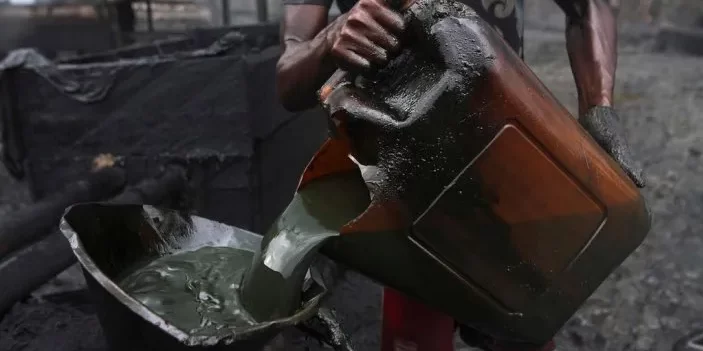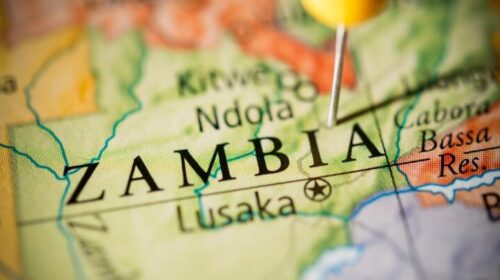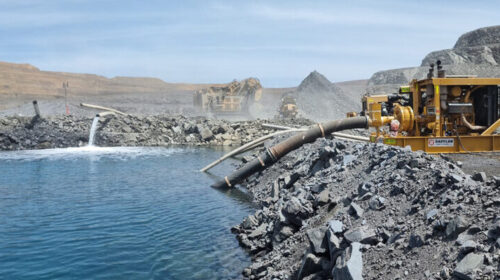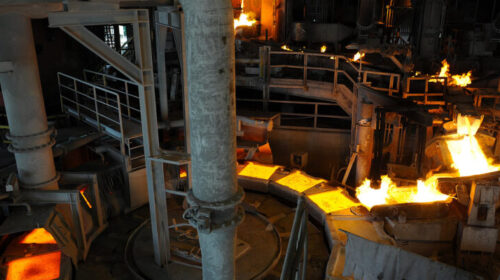Gasoline price increase doesn’t deter illegal trade between DRC and Zambia
In an environment of expectations, the 9th National Production Banana Fair was opened yesterday 28th June in the locality of Panguila, municipality of Dande, with estimated transactions of 50 million kwanzas expected, thanks to the high flow of suppliers and buyers, as well as an abundant supply of agro-industrial products.
The rise in the price of gasoline, from 160 kwanzas to 300 kwanzas (0.39 dollars), is not inhibiting the fuel smuggling business, in the province of Zaire, to the DRC and Zambia, where the liter is being sold at 1.50 dollars.
Due to the difference in the price of gasoline that is practiced in the Democratic Republic of Congo and Zambia, the illegal departure of the product, from the border areas of Zaire, is leading people to opt for the smuggling business, which is to harm the country to increase its currency reserves.
Speaking to Jornal de Angola, the head of the Department of the Petroleum Derivatives Regulatory Institute (IRDP), Amilton da Silva, said that defense and security bodies, provincial governments and municipal administrations should all work together to adopt measures administrative measures aimed at mitigating fuel smuggling in the country.
Fuel smuggling does not contribute to the growth of the Gross Domestic Product (GDP) and the country has been losing millions of dollars that could help build essential infrastructure throughout the national territory.
Amilton da Silva clarified that citizens residing ten kilometers from border areas have the right to export up to 20 liters of petrol or diesel per week, and that they must have residences recognized by local administrations.
According to Amilton da Silva, non-resident citizens can export up to 100 liters of gasoline, diesel and lighting oil, provided they pay a fee of 235 percent to the General Tax Administration (AGT).
According to the official, the law provides that only Sonangol and Sonangalp can export quantities above 100 litres, provided that they meet all the requirements, such as an export license and payment of the 140 percent fee.
government asks
greater control
Deputy governor Afonso Nzolameso said that fuel smuggling, which is taking place in the province of Zaire, and in other parts of the country, constitutes a crime and causes great damage to the national economy.
Afonso Nzolameso, who made this statement during an interaction meeting between technicians from the Regulatory Institute for Petroleum Derivatives (IRDP) and municipal administrations, within the framework of the process of transferring competences in the licensing of operators, said that national and foreign citizens who opt for fuel smuggling are making the country’s economy sick.
“There is fuel smuggling, because there is the corruptor and the corrupted, including personalities who should set an example, in terms of compliance with the laws, so there must be unity between the various institutions of the State so that the fight against the phenomenon is more effective”, pointed.
The official appealed to national citizens residing in the province of Zaire to be aware that corruption is society’s worst enemy.
It destroys public resources, increases economic and social inequalities, reduces citizens’ trust in institutions and creates obstacles to the affirmation of the Democratic State and the rule of law.
“With effective control over this phenomenon, the Angolan State would raise significant revenues to respond to the main problems that the population faces. , avoiding bribery or the famous soda”, he appealed.
Participants’ reaction
João Jorge, on behalf of Sonangalp, considered the interaction useful, as it reinforced the idea of preventing the illegal sale of gasoline to people who do not reside on the periphery of the borders with REDC and Zambia.
“It does not match the truth that pumps encourage fuel smuggling, because it is difficult to define where each customer is going to take the fuel they buy at a filling station,” he said.
SOURCE:jornaldeangola-ao
![]()





